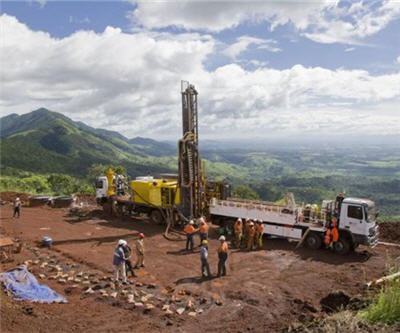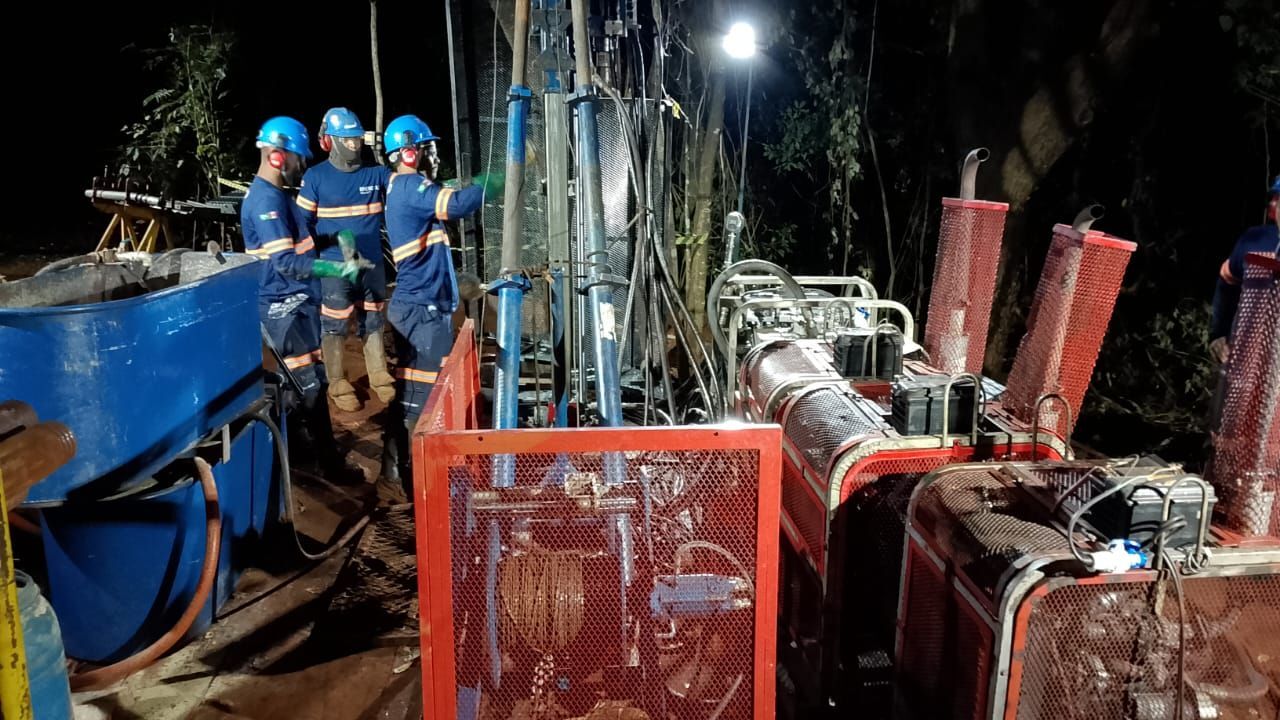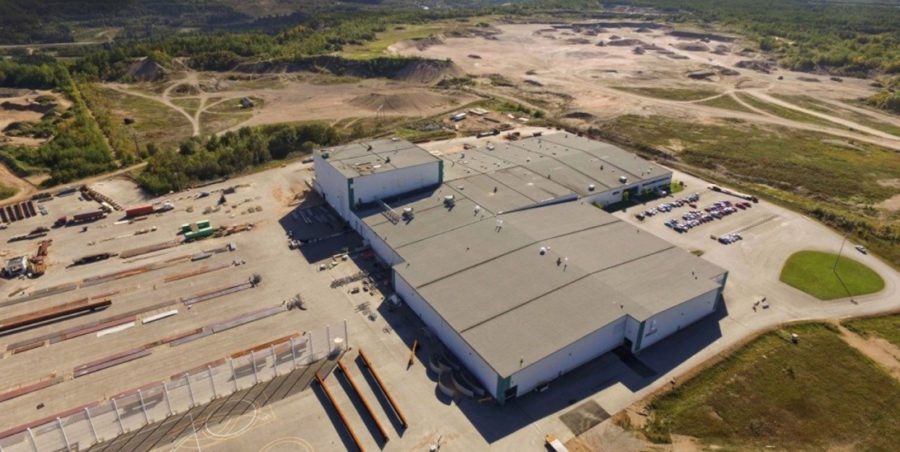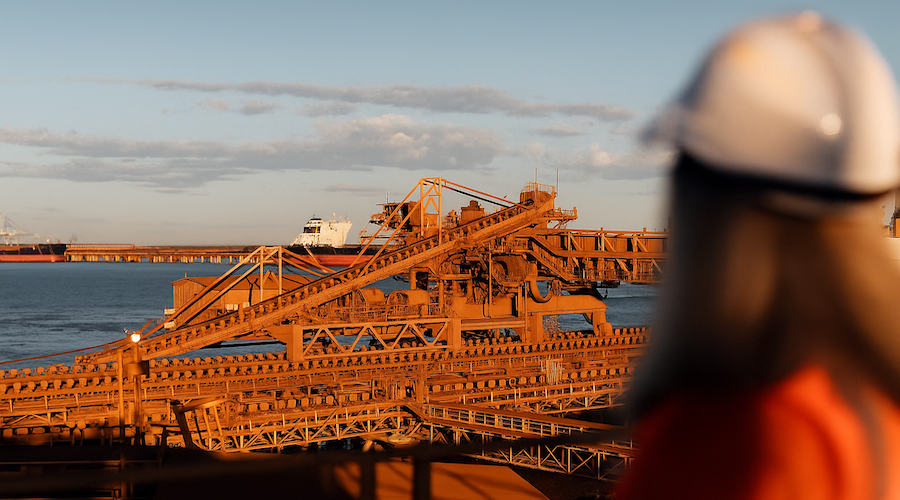‘Complex’ Simandou production date put in doubt

Guinea on Wednesday said Rio Tinto’s portion of the Simandou iron ore development would miss its 2015 production target date.
Simandou is one of the richest concessions in all of mining with in excess of 26 billion tonnes of high grade ore worth more than $50 billion.
“In 2011, the first date of production agreed with Rio was 2015. Today, the reality is this cannot be respected,” Bloomberg quotes the West African nation’s mines minister Mohamed Lamine Fofana as saying.
Fofana declined to give a new deadline only saying that “open discussion” are ongoing, while a Rio spokesperson said it is “working hard” at finalizing the investment framework for the project which both sides describe as “complex”.
World number two miner Rio Tinto is developing the southern part of the vast mountain deposit and has already spent more than $3 billion building open pits.
The northern area is held by BSG Resources – a division of Israeli billionaire Benny Steinmetz’s diamond company – and Brazilian giant Vale.
All work on that section has been halted amid an anti-corruption probe.
BSGR was awarded the rights free of charge after spending more than $160 million exploring the prospect days before the death of Guinea dictator Lansana Conté in 2008.
Conté had not long before stripped the Simandou blocks from Rio Tinto, which had held the exploration rights since the 1990s.
In 2010 BSGR sold a controlling half of its concession to Vale for $2.5 billion, but after forking over the first half a billion dollars, the Rio de Janeiro company halted payments.
Rio Tinto in 2010 brought in Chinese investors for the project and in April 2011 struck a deal with the Condé government, paying $700 million and granting the government a 35% stake to resolve all outstanding issues.
At full production Rio’s Simandou mine would export up to 95 million tonnes per year – that’s a third of Rio’s total capacity at the moment.
Rio has embarked on a $5 billion cost-cutting program under its new leadership amid falling metals and minerals prices.
Fellow Anglo-Australian miner BHP Billiton has already decided to pull out of the country and is in the process of selling its stake in a nearby iron ore project called Nimba.
A posible sticking point is the route of a railway to get the Simandou area ore to port. Rio’s plan calls for a new 700km railway across the country to the northern port of Conakry, Guinea’s capital.
The blueprint for the BSGR-Vale and the Nimba projects includes a much shorter route to the deep Buchanan port in neighbouring Liberia to the south.
Guinea is the world’s number one exporter of bauxite used in the manufacture of aluminum and the Liberia route would limit the economic benefits to Guinea, a country with a per capita GDP of only $492.
The scale and scope of the Simandou development has also been placed in doubt by the fall in the price of iron ore.
The steelmaking raw material is down 30% from its 2013 highs of just under $160 struck in February.
More News
{{ commodity.name }}
{{ post.title }}
{{ post.date }}






Comments